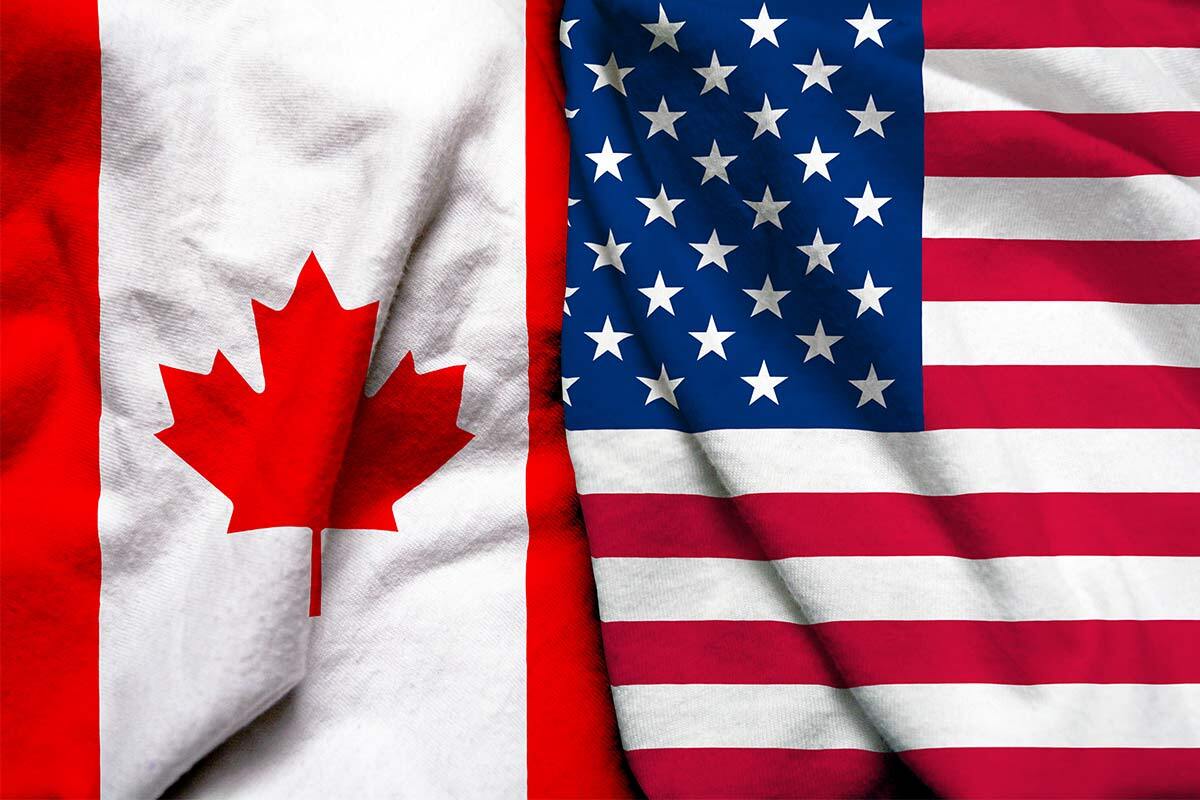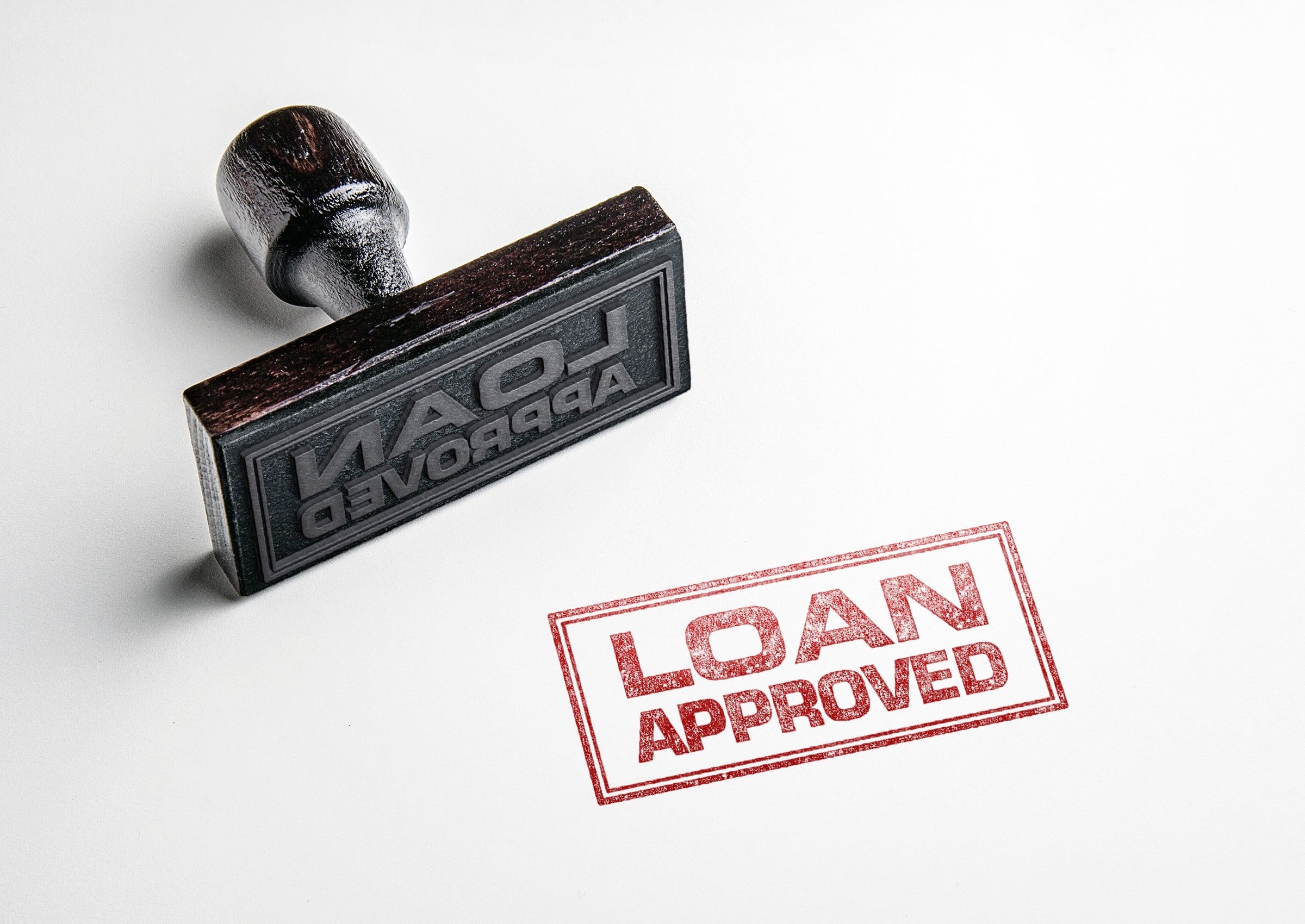As a Canadian citizen thinking of relocating to the USA, it is always advisable to get your finances in order before finalizing the move. It may be tempting to avoid paying off your credit card debt or student loans. But keep in mind that you might want to move back sometime in the future. Or, you may just want to visit family and friends.
The prospect of getting prosecuted for the unpaid debt should not get in the way of seeing your home. However, if your current financial situation does not make it possible to pay off your dues, delaying payment and working abroad could seem like a better choice.
The Question Is – Will Your Debt Follow You to the US?
Canadian credit reporting agencies Equifax and TransUnion are also available in the US, but they don’t carry your scores across borders. This factor can have potential pros and cons. If you had a stellar credit score in Canada, you’d have to start afresh with the relocation. At the same time, if you had a low score back home, you need not worry about the numbers affecting your current prospects.
When you move to the US, your credit scores will reset. Over time, you’ll rebuild the score by paying off bills consistently and keeping up with financial obligations.
Global lenders like American Express might permit you to transfer the account to the US. However, know that sometimes banks will move your payment history also. If you’ve been paying off bills on time, the transfer can work in your favour.
If not, you could open secured accounts with other financial institutions and restart your life with a clean slate. You could also become an authorized user in a friend or family member’s account who has a solid credit standing.
Canadian law has a Statute of Limitations.
Not paying off your loans in Canada has repercussions like credit and loan denials. You may also have to pay a higher rate of interest for any loans you take. According to ServiceAlberta.ca, if you owe an amount of $25,000 or lower, the creditor can sue in the Provincial Court’s Civil Division.
Depending on how the lawsuit proceeds, you may end up getting your personal property attached to the payments. The court may also permit the creditor to claim your wages by garnishing you wages. They can also take any funds you have saved up in a retirement account.
You can, however, take advantage of one loophole. The Statute of Limitations can reset from the date when you make the first payment or accept the debt in some way like completing paperwork. Of course, if you settle the debt by making partial or complete payments, you’ll want to ensure that the transaction is duly recorded by availing of remote notary services.
But if you move out of Canada and don’t contact the creditor, they cannot take any legal action against you to claim the debt. Your credit report will carry information about the defaulted payments for a period of up to 6 years only.
You can take advantage of the statute of limitations.
Canadian provinces have individual statutes of limitations that apply according to the location where you live. Alberta has a Limitations Act where creditors can sue for debt within two years. If the debtor has an existing judgment, the interval goes up to 10 years with the possibility of renewal. The British Columbia, Labrador, and Newfoundland Limitations Acts have fixed time frames at six years, two years, and two years, respectively.
The rules for paying child care, taxes, student loans, and alimony could be different and may not be included under the Limitations Act.
Canadian creditors cannot have you arrested if you were to return.
Unless you owe significant credit card debt or owe substantial student loans, you don’t have to worry about getting detained at the Canadian border if you attempt to return home. In case your creditors sue in a court of law for recovery of their dues, you’ll receive an intimation from the courts warning you of the possibility of an arrest.
However, any Canadian expats living outside the country for a minimum of 12 months with an outstanding debt of $1,000 or more in Canada have the option of applying for legal protection from their creditors in case they return home.
You can buy a house in your new country and settle down.
Regardless of whether you owe money in Canada, you can buy a home and settle in the US. However, purchasing a home does not guarantee resident status. Especially if you don’t have a valid visa to reside in the country.
When talking to a realtor whose proximity to the border makes them familiar with this situation, they typically caution that a bad credit history in Canada makes it tricky to get a mortgage in the US. In addition, lenders processing your application may require documentation including a copy of your passport and proof of residency in the US for more than two years.
Most importantly, you’ll submit a copy of your international credit report. Less than a perfect credit score might result in your having to put down higher down payments on the house. Also, expect to pay higher interest rates and provide other guarantees before you’re allowed to take mortgage products.
As for tax implications, similar to the rules about filing taxes as a US expat living in Canada, bona fide residents and citizens of Canada cannot get deductions on their returns for paying mortgages when buying a property in the US.
If you’re carrying Canadian debt, paying it off and clearing your dues is always advisable. However, if your financial situation does not make that possible, know that you can negotiate for a reasonable settlement. In a worst-case scenario where you absolutely cannot pay back what you owe, the Statute of Limitations makes it possible for you to get the obligations removed from your credit record after six years.
Now that you’re starting afresh in the US, you have a chance to build good credit.









